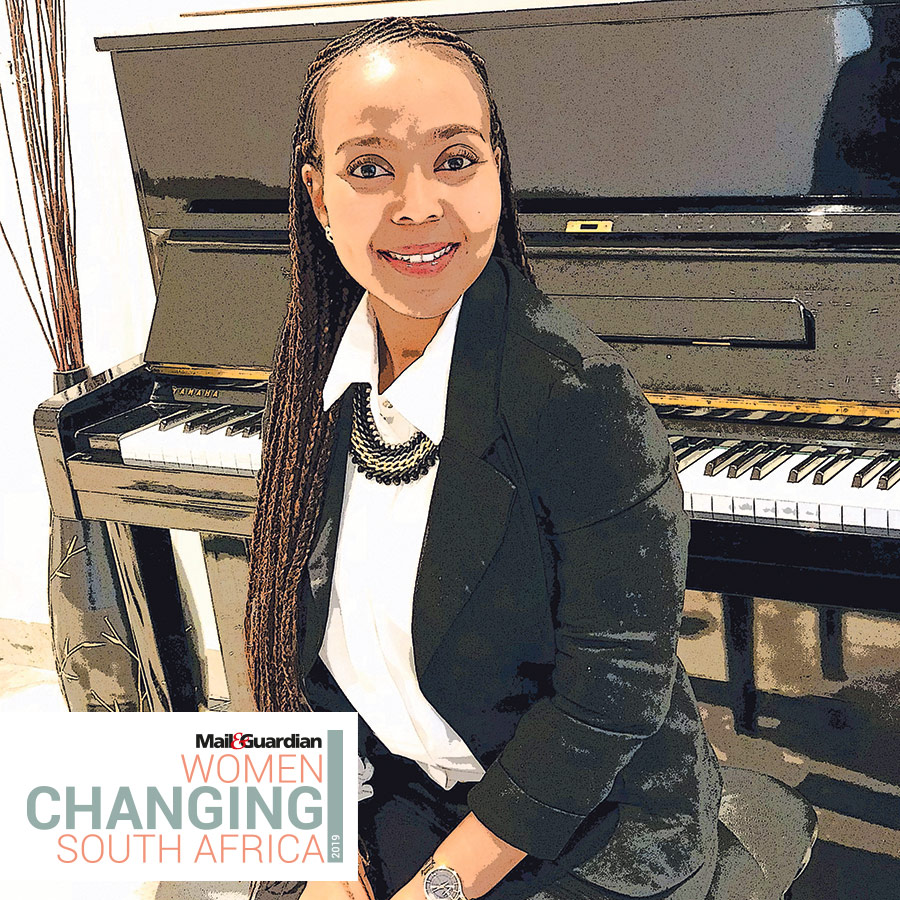| Medical Dr and acting senior clinical manager — St. Rita’s Hospital, Sekhukhune District, Limpopo |
There are so many challenges for young women. Not many women take up leadership positions.
St Rita’s Hospital, in the impoverished village of Glen Cowie in the Sekhukhune District in Limpopo, was where Dr Katlego Mathosa was born before her parents moved to the suburbs. Instead of using her degrees to make it in the big cities, Katlego chose to work in communities where she feels the need is greatest for quality healthcare.
Appointed as the clinical manager of the hospital in February, Mathosa says one of her biggest frustrations is not having adequate medical equipment and medicines. Even if there is a budget for equipment, there might not be the necessary infrastructure such as electricity or water connections to run the machines.
She had previously worked at a better resourced hospital in Limpopo and felt she wanted to use the skills she had learnt there at a smaller, more rural facility. There are many sacrifices she has had to make for this, including missing the nightlife of the city after work.
Mathosa’s daily schedule is a frantic mix of meetings as a manager and seeing between 20-30 people on a busy day in the outpatient unit, as the hospital is understaffed and she fills in wherever there is a shortage.
As a young female, she feels the brunt of patriarchy, despite her impressive credentials.
“There are so many challenges for young women. Not many women take up leadership positions. At first, I used to get a lot of disrespect from men, but because I knew what I was there for, I stayed on track,” she says.
Mathosa describes the situation at St Rita’s Hospital as a “crisis” when she arrived but she says she has managed to get the facility functioning, albeit with equipment and medicine shortages.
Commenting on the National Health Insurance Bill, which will make its way through several legislative spheres to be implemented in full by 2026, Mathosa warns that universal health coverage will be difficult to achieve in rural areas, as many doctors do not want to work there — unless government forces them.
However, she has no plans to move to a more comfortable life anytime soon and wants to remain within the rural health system for the foreseeable future.
Mathosa’s role within the community is not just limited to the medical profession. She spends her weekends organising career days for high schools and encourages a wide array of professionals to broaden the horizons of young people in the surrounding villages.
— Tehillah Niselow
Twitter: @kittykat_mat

